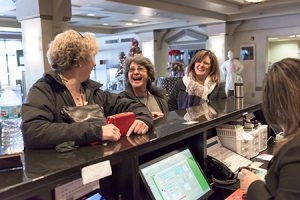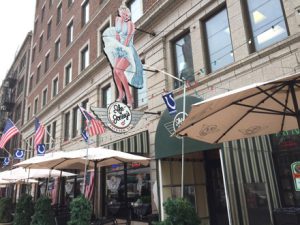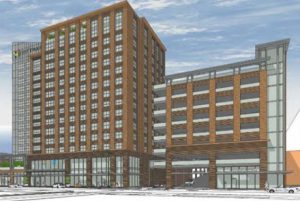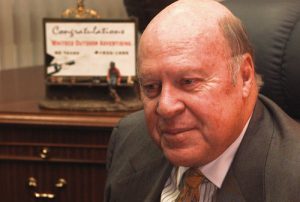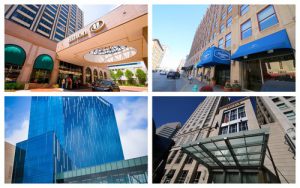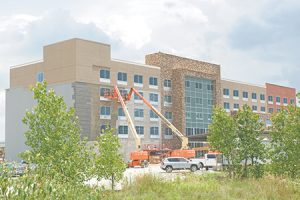Fishers considers joining debate on Airbnb usage, regulations
City officials could create a committee to examine the impact of online lodging services. Carmel has come out against them, and state legislators are weighing a bill prohibiting cities from banning them.



